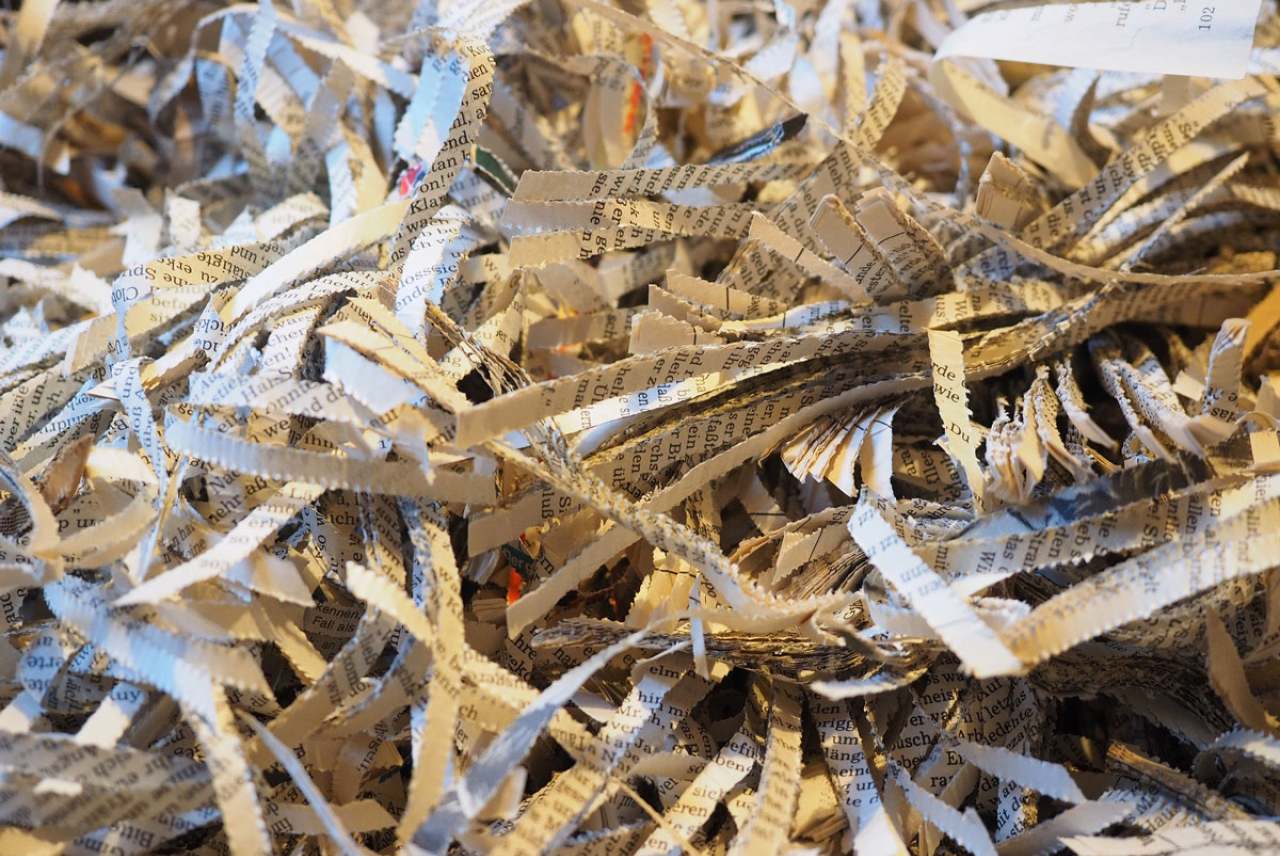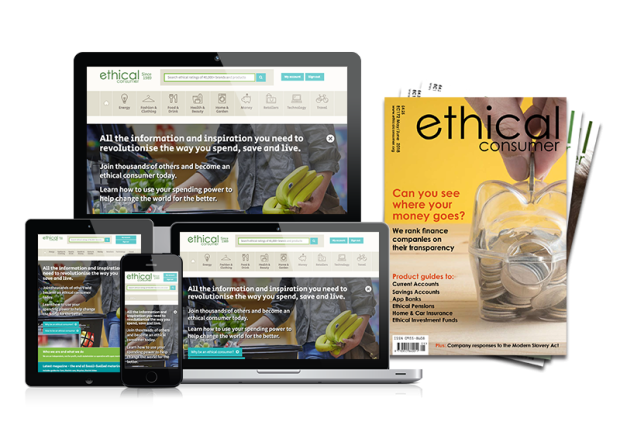“Sustainable wood certification has undermined the demand for recycled paper.”
So says Jay Risbridger from the Green Stationery company, a pioneering family-run recycled paper company that’s been selling everything from recycled envelopes to photocopier paper since 1989.
Risbridger contacted Ethical Consumer after reading a story of ours that was critical of the Forest Stewardship Council (FSC). He wanted to flag up that in his view, the FSC working with clients in the paper industry has confused consumers wanting to switch to recycled office papers.
So what is the problem with FSC in relation to recycled paper?
Well to explain this, we first need a short history lesson.
Back in the late 1980s and early ‘90s the UK was in the grip of the green consumer revolution.
For the first time, ethically-aware consumers were flexing their shopping muscles and demanding that supermarkets sold products that had a positive impact on the planet. Consequently we saw a boom in everything from Fairtrade coffee to organic carrots.
Unsurprisingly, those involved in the recycled paper industry quite rightly thought that their time had come, and that demand for recycled paper would rocket.
“We were confident that we’d be able to make paper a closed-loop system, where home and office paper collections could come back as recycled papers. This would encourage recycling and reduce paper consumption,” explains Risbridger.
But things didn’t quite go to plan.
“Suddenly in the early ‘90s the FSC came along and began certifying the forests in Northern Europe, where the majority of the UK’s paper came from, as being sustainable,” says Risbridger.
“The message from the FSC was that businesses and consumers didn’t necessarily have to buy recycled paper to have a positive impact on the environment, instead they could just buy virgin paper made from FSC certified paper mills.”
“The crucial point though was that European forests had largely already been sustainably managed for paper production for around 200 years and certifying them as sustainable changed nothing about how these papers were produced,” continues Risbridger.
Virgin paper manufacturers then increasingly began to certify many of their products as being ‘sourced from sustainable forests’.
“As recycled fibre is the better environmental option,” says Risbridger, “it would have been better for these companies to start using more recycled pulp, but this would have required considerable investment in new machinery.”
The FSC did later bring out a recycled label, although it has weaker standards than some other labelling schemes, as paper only needs to be 70% postconsumer waste to get the label; the rest can be pre-consumer waste.
The Blue Angel label (the ecolabel of German government), has much stronger standards as it guarantees that the paper is made from 100% scrap waste paper, 51% of which must be low or medium grade.
Overall Risbridger thinks that the FSC has failed to sufficiently promote the most sustainable options, instead muddying the waters and making both businesses and consumers imagine that paper made from virgin wood can be “sustainable”.
The consequence of all this is that the much anticipated boom in recycled papers never took off.
Despite its glaringly obvious environmental benefits in landfill reduction and the use of less energy and chemicals, today recycled paper remains a niche product and is still more expensive than virgin paper due to the low volumes produced.
So how does the FSC respond to all this?
“The FSC recognises the role both FSC virgin and verified recycled paper and timber products play in the protection of the world’s forests,” says Tallulah Chapman from the FSC.
And where does this leave the consumer?
“Consumers should always buy paper that’s made from 100% post-consumer waste,” confirms Risbridger.
“Recycling is all about turning the waste material into a product to sell,” he believes.
“If you can’t do that then all you’ve got is a pile of waste material.






